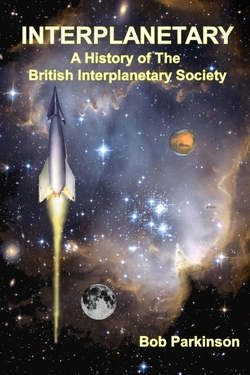Be aware of Time Bandits, an article by Jim Holt in the March 2 New Yorker, which studies the relationship between Albert Einstein and mathematician Kurt Gödel, now best known for his incompleteness theorems. The first of these, as Holt writes, “…demonstrates that no logical system can capture all the truths of mathematics.” Here’s a sample from this fascinating piece, discussing what happened when Gödel took on the relationship of space and time:
What Gödel found was the possibility of a hitherto unimaginable kind of universe. The equations of general relativity can be solved in a variety of ways. Each solution is, in effect, a model of how the universe might be. Einstein, who believed on philosophical grounds that the universe was eternal and unchanging, had tinkered with his equations so that they would yield such a model—a move he later called “my greatest blunder.” Another physicist (a Jesuit priest, as it happens) found a solution corresponding to an expanding universe born at some moment in the finite past. Since this solution, which has come to be known as the Big Bang model, was consistent with what astronomers observed, it seemed to be the one that described the actual cosmos. But Gödel came up with a third kind of solution to Einstein’s equations, one in which the universe was not expanding but rotating. (The centrifugal force arising from the rotation was what kept everything from collapsing under the force of gravity.) An observer in this universe would see all the galaxies slowly spinning around him; he would know it was the universe doing the spinning, and not himself, because he would feel no dizziness. What makes this rotating universe truly weird, Gödel showed, is the way its geometry mixes up space and time. By completing a sufficiently long round trip in a rocket ship, a resident of Gödel’s universe could travel back to any point in his own past.
Einstein was not entirely pleased with the news that his equations permitted something as Alice in Wonderland-like as spatial paths that looped backward in time; in fact, he confessed to being “disturbed” by Gödel’s universe. Other physicists marvelled that time travel, previously the stuff of science fiction, was apparently consistent with the laws of physics. (Then they started worrying about what would happen if you went back to a time before you were born and killed your own grandfather.) Gödel himself drew a different moral. If time travel is possible, he submitted, then time itself is impossible. A past that can be revisited has not really passed. And the fact that the actual universe is expanding, rather than rotating, is irrelevant. Time, like God, is either necessary or nothing; if it disappears in one possible universe, it is undermined in every possible universe, including our own.
Einstein would later write, “To those of us who believe in physics, this separation between past, present, and future is only an illusion, if a stubborn one.” Be sure to read the whole article. Let me also second Holt’s recommendation of John S. Rigden’s Einstein 1905: The Standard of Greatness (Harvard 2005).

